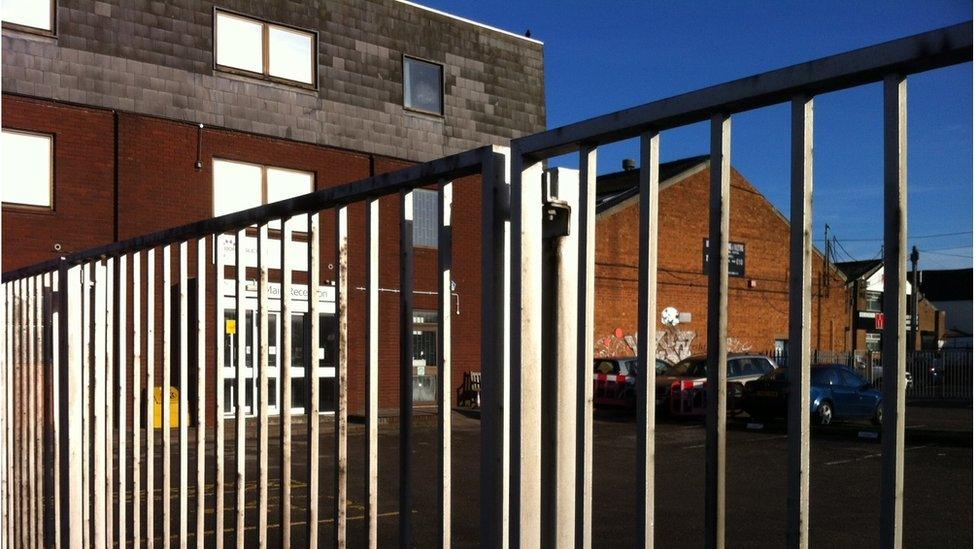Councils call for greater powers to tackle illegal schools
- Published
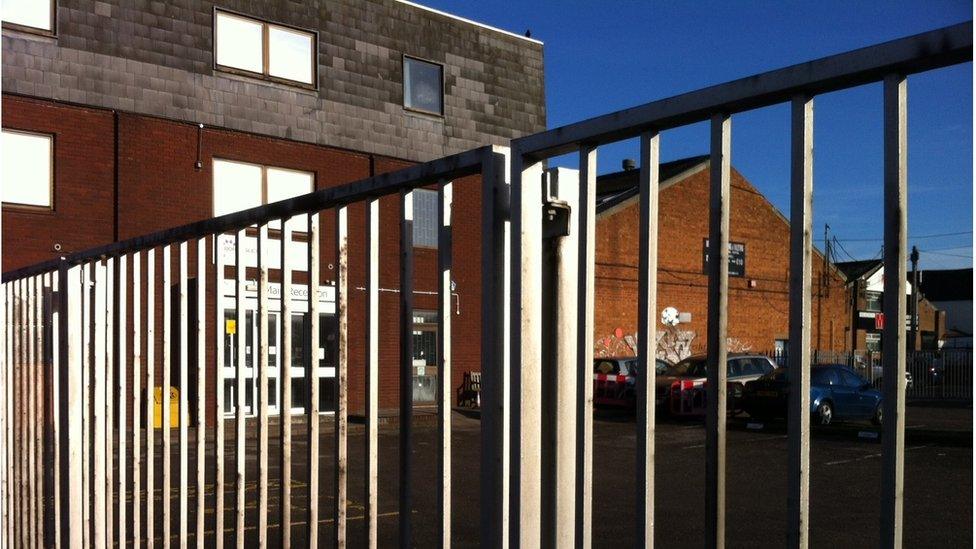
Ofsted has been finding and closing unregistered schools
Councils are calling for powers to enter houses and other premises, such as illegal schools, where home-educated children are being taught.
The Local Government Association says its ability to check if children withdrawn from schools in England and Wales are suitably educated is limited.
Currently, council officers can enter a premises only if they have specific concerns about a child's safety.
The government said it was "cracking down" on unregistered schools.
Councillor Richard Watts, chairman of the LGA's Children and Young People Board, said the vast majority of parents who home-educated their children did a fantastic job.
They worked well with their local council to make sure that a good education was being provided, he said.
'Dangerous buildings'
Concerns have been mounting about children being taught in illegal schools - those offering 20 hours of lessons a week which are not registered with the Department for Education (DfE), education watchdog Ofsted or local authorities.
There are fears some schools may have links to extremists and that lessons may be taught in dangerous buildings.
The chief inspector of Ofsted, Sir Michael Wilshaw, raised the issue in November 2015, and in February this year the DfE said it was investigating 21 such institutions in England.
In Wales, calls have been made for a mandatory home education register after an eight-year-old boy who had no contact with the authorities died from scurvy.
Any parent has the right to withdraw a child from mainstream education without giving a reason.
However, it is the duty of local education authorities to ensure young people in their areas are receiving a suitable education.
'Limited powers'
Councillor Watts said: "In some cases, a child listed as home-schooled can, in fact, be attending an illegal school.
"With limited powers to check on the work a child is doing, however, councils are unable to find out whether this is the case.
"They work closely with their communities to help identify where illegal schools are, but the ability to enter homes and other premises and speak to children would go a long way towards tackling the problem."
In May, Sir Michael said Ofsted was looking into 100 suspected illegal schools.
A DfE spokesman said it had "taken steps to ensure the system is as robust as it can be".
"We have announced an escalation of Ofsted investigations into unregistered schools, with additional inspectors dedicated to rooting them out, a new tougher approach to prosecuting them and a call to local authorities to help identify any settings of concern."
- Published16 May 2016
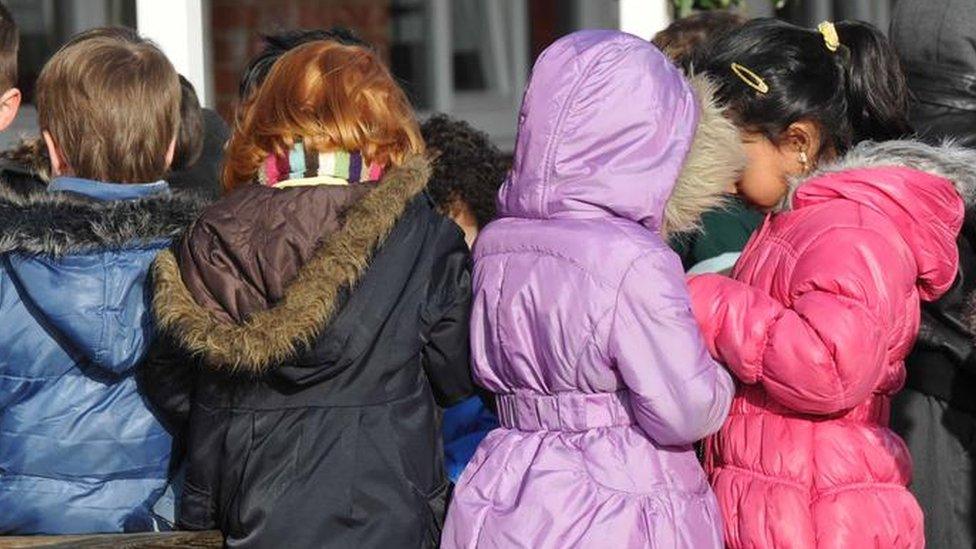
- Published22 January 2016
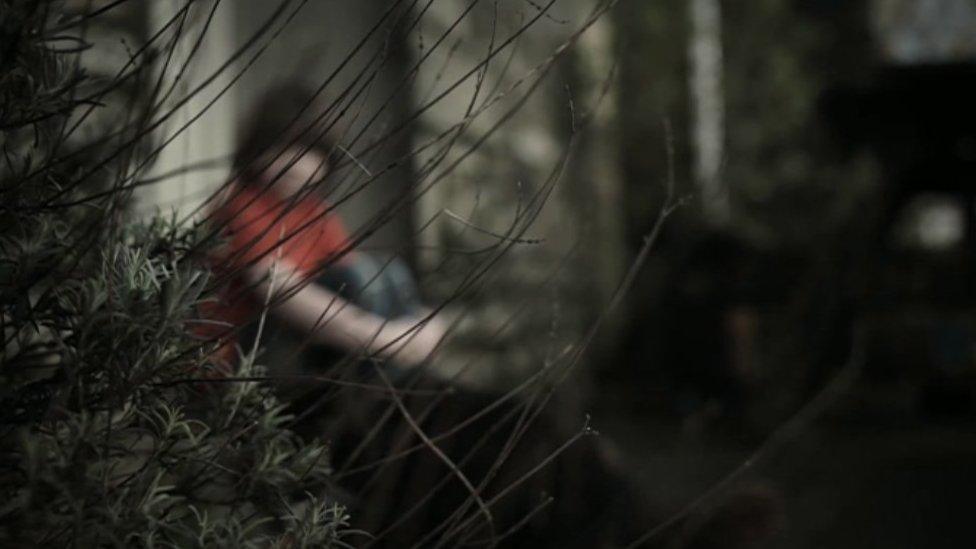
- Published21 December 2015
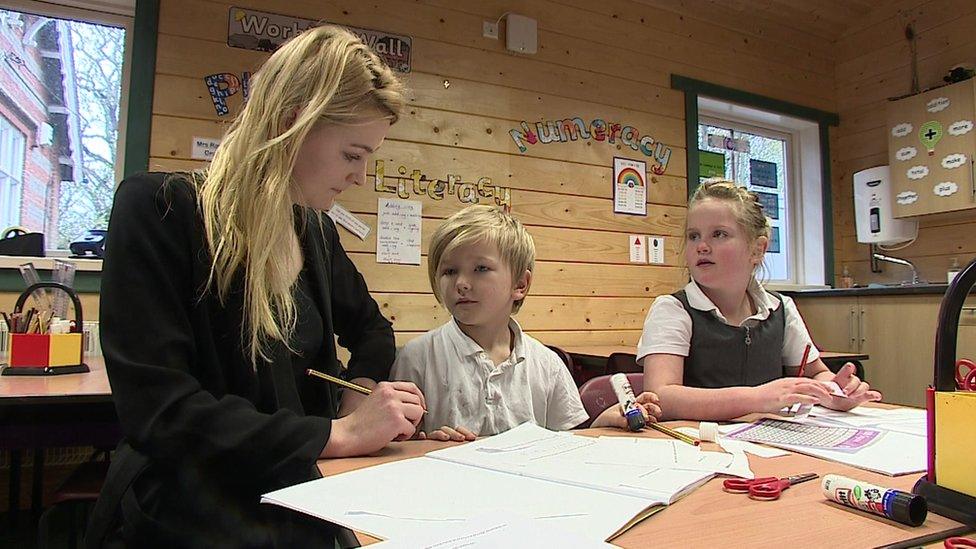
- Published10 November 2015
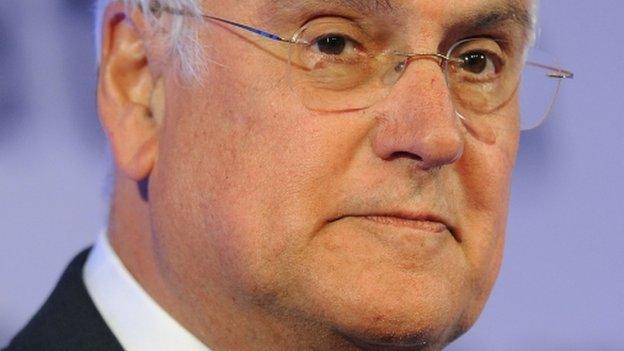
- Published17 February 2016
